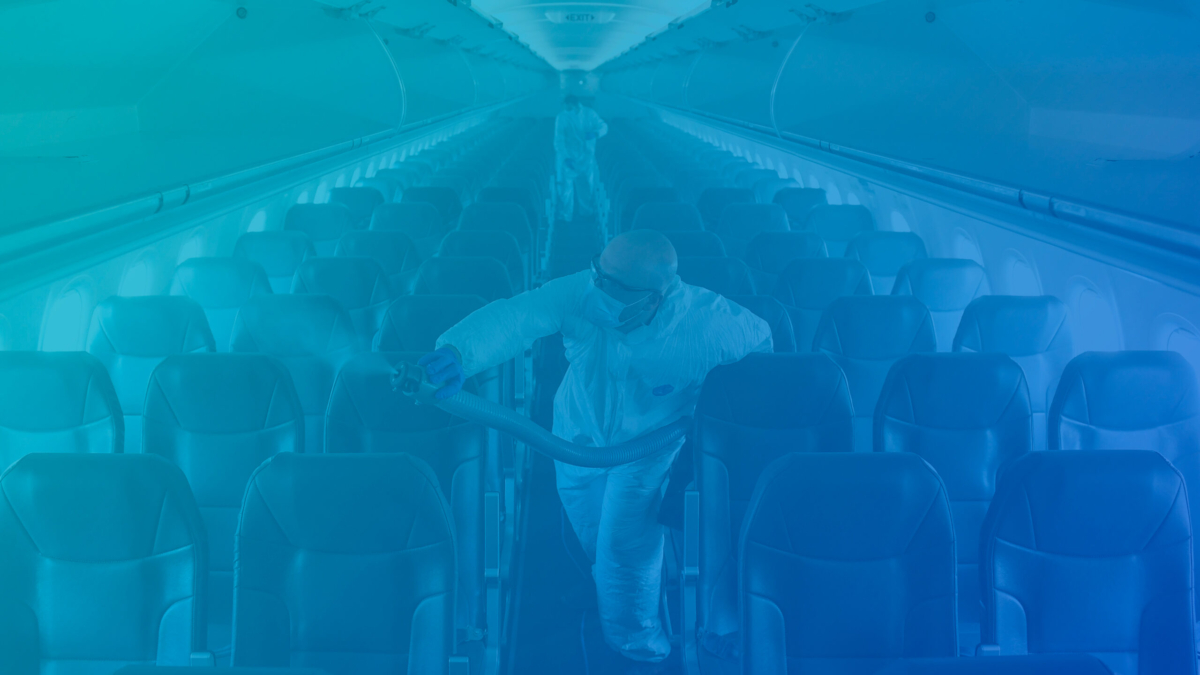The past ten years have witnessed a period of intense change within the global aviation industry, driven by technological advancements, geopolitical events, and shifting priorities. From rapid passenger growth to the unprecedented crisis caused by the COVID-19 pandemic and subsequent recovery, the industry has demonstrated remarkable adaptability and resilience, albeit with significant consequences. This analysis will examine the key shifts that have occurred within the sector over the past decade, focusing on logistics, technology, and sustainable development.
Growth and Crisis: The beginning of the decade was characterized by steady passenger growth. The International Air Transport Association (IATA) regularly reported record-breaking passenger numbers. This growth fueled investment in new aircraft, expansion of airport infrastructure, and the development of related services. However, the COVID-19 pandemic in 2020 drastically altered the landscape. Global passenger numbers plummeted by more than 60% , leading to significant financial difficulties for airlines and the industry as a whole. Recovery began in 2021 but was uneven and faced challenges related to travel restrictions and shifting demand.
Technological Revolution: Digitization has been a key driver of market transformation. The implementation of big data, artificial intelligence, and machine learning has impacted all areas of aviation:
Supply Chain Management: Optimizing logistics processes, forecasting parts demand, and inventory optimization have become crucial factors in reducing costs and improving efficiency. Companies like Sprocure LLC have played a significant role in this process, offering innovative IT solutions such as Pantheon Pro to automate procurement and supply chain management. Pantheon Pro enables clients to receive instant data-driven quotes, optimize procurement processes, track deliveries, and receive transparent reporting. This is particularly relevant in the context of unpredictable parts demand and the global distribution of suppliers.
Maintenance Management: Predictive analytics allows for the forecasting of potential malfunctions and more efficient scheduling of maintenance, reducing aircraft downtime.
Passenger Experience: Mobile applications, online check-in, and personalized services are all designed to enhance the passenger experience and increase loyalty.
Sustainable Development: Increased environmental awareness has led to a stronger focus on sustainability in aviation. Reducing carbon emissions has become a key priority:
Sustainable Aviation Fuels (SAFs): While production is currently limited and expensive, SAFs are viewed as a crucial step towards decarbonization.
Engine Efficiency: Aircraft and engine manufacturers are continuously working to improve fuel efficiency.
Carbon Offsetting: Many airlines participate in carbon offsetting programs, investing in environmental projects.
Geopolitical Factors: Geopolitical instability, including trade wars and regional conflicts, has significantly impacted the aviation industry. Route changes, difficulties obtaining parts, and fuel price fluctuations have all become realities. This highlights the need for supply chain diversification and the development of strategies to adapt to changing geopolitical conditions. In this context, the services of companies such as Sprocure LLC, which have a global network of reliable suppliers and flexible logistics solutions, become particularly relevant.
Market Consolidation: The past decade has witnessed significant market consolidation, with mergers and acquisitions among airlines and service providers. This has led to the emergence of large international players, increasing efficiency on one hand, but also intensifying market concentration on the other.
Over the past ten years, the global aviation market has undergone profound transformations. The COVID-19 pandemic, technological advancements, and geopolitical factors have shaped a new paradigm. Sustainable development, digitalization, and efficient supply chain management are key drivers defining the future of the industry. Companies capable of adapting to change, implementing innovations, and leveraging new technologies — such as Sprocure LLC with its Pantheon Pro solution — will hold leading positions in this dynamically evolving market. Future growth will depend on the industry’s ability to overcome challenges related to decarbonization, geopolitical instability, and competition, and successfully integrate new technologies into its business processes.


